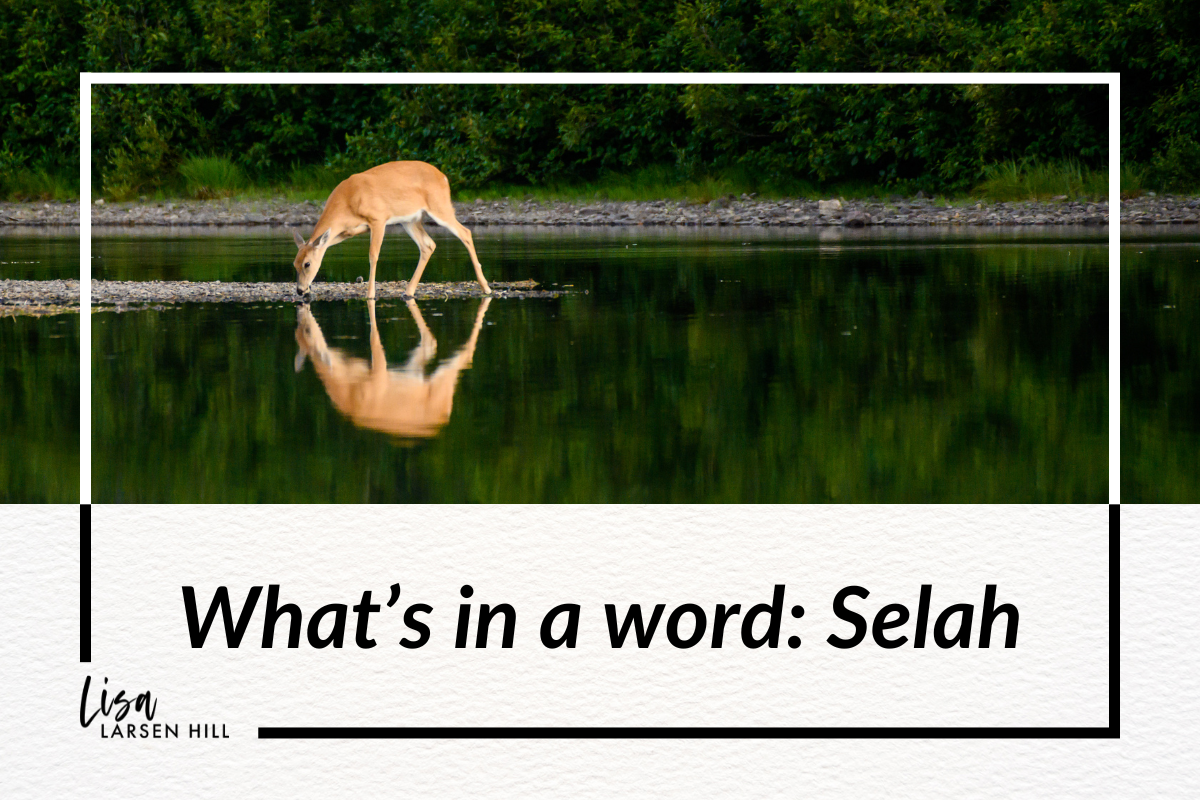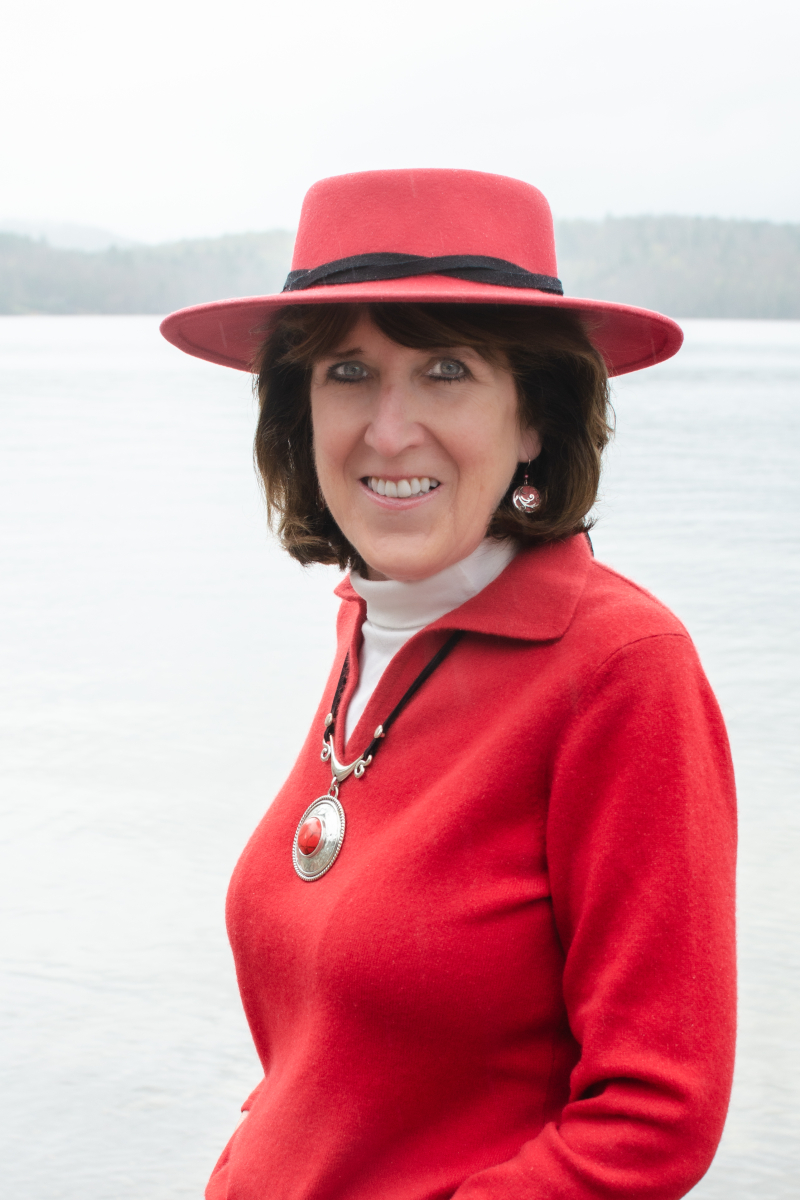What’s in a word: Selah
 Recently, my book group read The Red Tent by Anita Diamant, published in 1997.
Recently, my book group read The Red Tent by Anita Diamant, published in 1997.
Like some group members, I read the book many years ago. Rereading it was a meaningful experience, as I remembered story threads and was reintroduced to certain characters and events. I celebrated that an author’s book can stand the test of time and be written in ten different languages.
Not a spoiler alert, but the book ends with one word: Selah.
I’ve heard this word explained as a musical term before and wondered why the author ended her novel this way. Googling for information, I found that Selah is a Hebrew word used seventy-one times in thirty-nine Psalms and three times in Habakkuk 3. What is fascinating is the meaning is not exactly clear.
Wikipedia describes several variations of interpretation:
- A musical term
- A synonym for Hebrew words that mean “forever”
- A derivative of the Hebrew root salal, which means to “raise voices in praise” or “make the instruments louder.”
- An acronym for a phrase in Numbers 14:19, “Please forgive the sins of this people.”
- A pause in the text
Other interpretations are:
- Pause and praise, or stop and listen/reflect
- A derivate of sela meaning rock, bolder, or cliff
- Interpreted as a blessing, meaning forever.
The interpretation I like best is the pause and praise, or stop and /listen/reflect. The author of the Psalms seems to be asking the reader to note the importance of what was just said, to pause and give thought before rushing on, to wait and be with God’s word.
Selah. Pause. Praise. Reflect.
How often do we create our to-do lists and feel accomplished or not at the end of the day? Are we the summary of our lists? One of my daily devotions was about the Sabbath, which I thought was strange to be posted on a Thursday.
It was as if ending the book with the word Selah, and this devotion came to me for a reason. The devotion described that our memory is not about our fear of growing old and forgetting; recent studies have indicated that it’s our ability to retrieve those memories. The way we can recover them is to give ourselves time to think, contemplate, to be and not do.
God knew we needed this time to break away to stop, reflect, and “forget not all his benefits.” Psalm 103:2. Where ever we are on life’s journey, let us live each day in the moment. For us to start our day with, “This is the day, the Lord has made, let us rejoice and be glad in it.” Let us stay in this frame of mind by pausing and praise.
Here are some of the psalms that end with Selah. I end my post with them hoping you will take a moment to savor God’s word and what it means for you.
Stand in awe, and sin not: commune with your own heart upon your bed, and be still. Selah. Psalm 4:4
Who is this King of Glory? The LORD of hosts, he is the King of glory. Selah. Psalm 24:10
You are my hiding place; You will preserve me from trouble and compass me with songs of deliverance. Selah. Psalm 32:7
Trust in him at all times; you people, pour out your heart before him: God is a refuge for us.
Selah. Pslam 62:8
Sing unto God, kingdoms of the earth; O sing praises unto the Lord; Selah: Psalm 68:32
In Jewish tradition, the word selah means saying to God, “May it be forever.”


